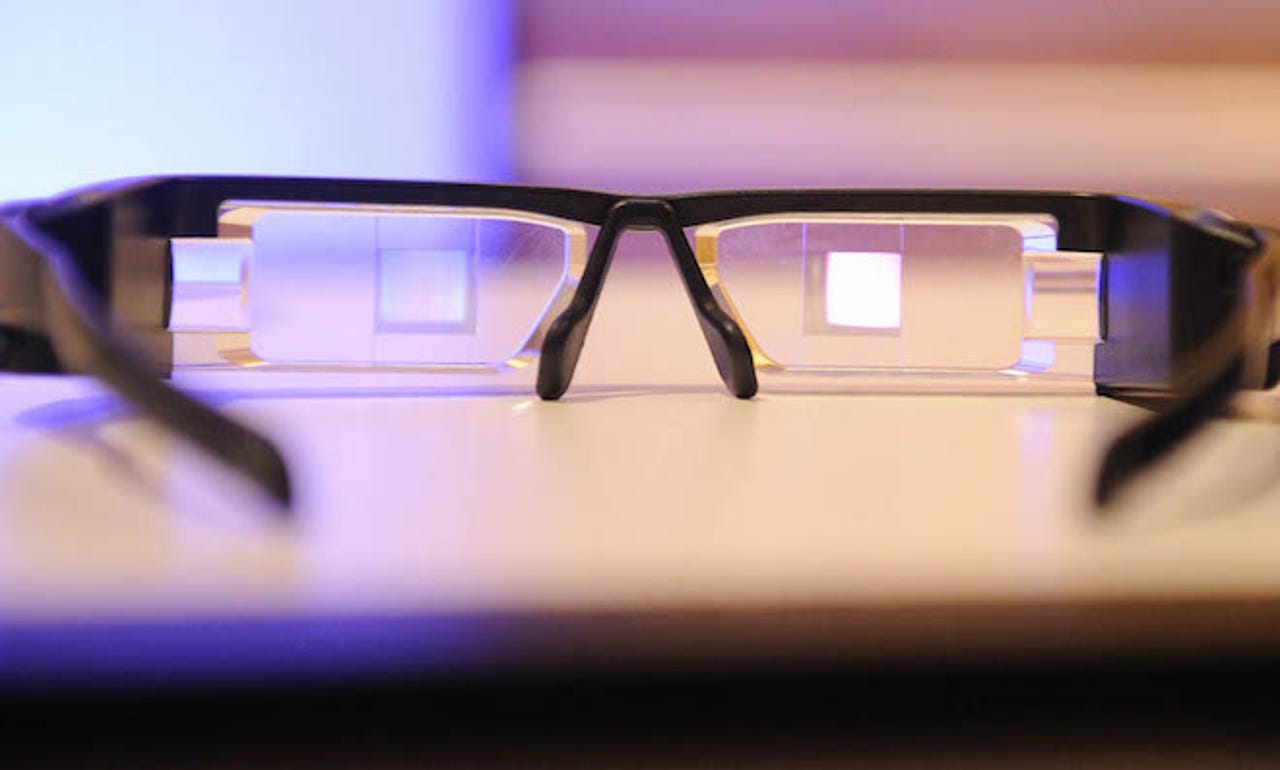Augmented reality glasses and apps: The recipe for a business big data revolution


Augmented reality devices like Google Glass are lots of fun, as those who've used them will testify — but fun doesn't pay the bills, nor will it turn augmented reality devices into something businesses can use. But if that's been the case until now, it's because no one has come up with an enterprise application that will make augmented reality headsets a worthwhile investment for companies.
Now, Israeli firm FieldBit has developed the first enterprise-oriented AR application, to enable field workers — repair people, sales personnel, or anyone else whose work takes them away from their desk or laptop — to get information and instructions, and to send data about their experiences, performance, and other information to the home office. That information could help big data, giving companies first-hand access to information that may have been misreported in the past.
The app in question was developed for the Epson Moverio, rather than Google Glass. FieldBit created the app for the Moverio after it was selected for the task by workers of Israeli water provider Mekorot. The company's staff chose the Moverio over Glass and AR devices from Vuzix and Lumus, for its comfort, usability, and capabilities, said Evyatar Meron, CEO of FieldBit.
Mekorot field workers will use the Moverio and FieldBit app to "perform complicated, high-risk tasks, such as repairing and maintaining high-tension electrical circuits at Mekorot's water processing facilities around Israel," said Meron.
"Usually, workers perform these kinds of tasks based on memory, even if they have tablets or other devices available, because they need to keep their hands free to work. And they don't always remember what they need to do," he continued. "Using our app and the Moverio glasses, workers can get instructions and assistance, with a supervisor guiding them on what needs to be done." The glasses weigh only 88g and come equipped with wi-fi, Bluetooth, and 3G to ensure that workers can stay in touch with the home office.
"In order to make decisions on deploying equipment, business strategy, and a million other things, you need data, and that's why so many companies are working on systems to take in as much big data as they can. Until now, though, the only information about field experiences was based on self-reporting by a worker, and often they didn't remember everything. With this system, information about what was done and how it was done could be uploaded and analyzed, giving managers more insight on how their business is going, how they can save money, cut down on waste, etc.," said Meron.
As a result, FieldBit's apps in conjunction with smart devices could help companies make better use of unstructured data. "While this is perfectly suited to field workers doing repairs and maintenance, it could be used in any line of business," said Meron. Salespeople, system administrators, even doctors – anyone working at a task that requires their total engagement – could use the system to upload a play-by-play record of what they did and how effective it was, allowing for later analysis to improve methodology or technique.
Of course, it could also be used to ensure that workers are doing what they are supposed to be doing and not goofing off, but there are other ways for employers to do that now, said Meron. "It's just a matter of time before these apps start coming into popular use. With glasses like the Moverio, outside work will become much easier and economical. We are developing other apps like this for other companies."